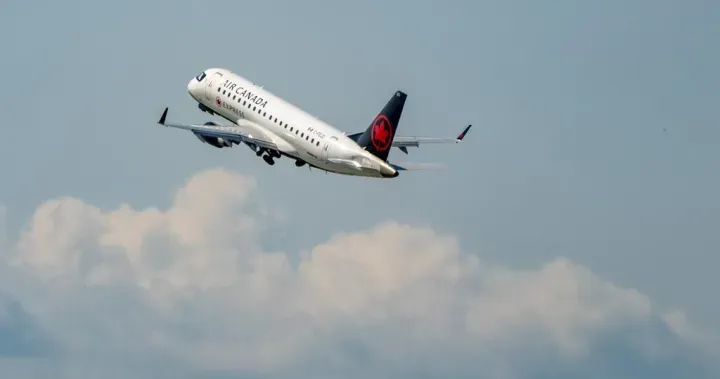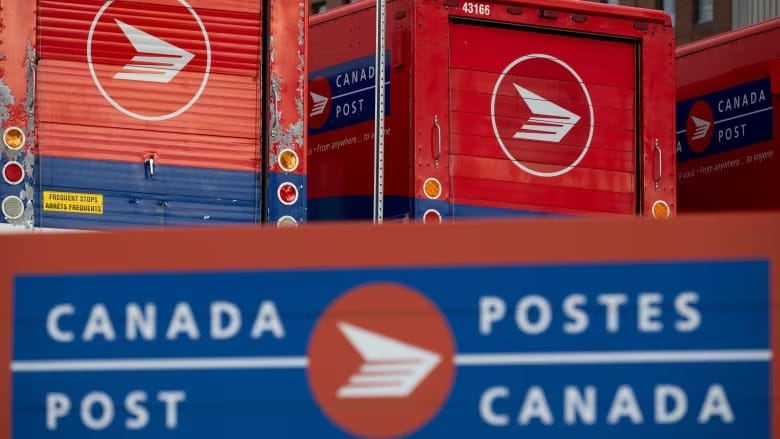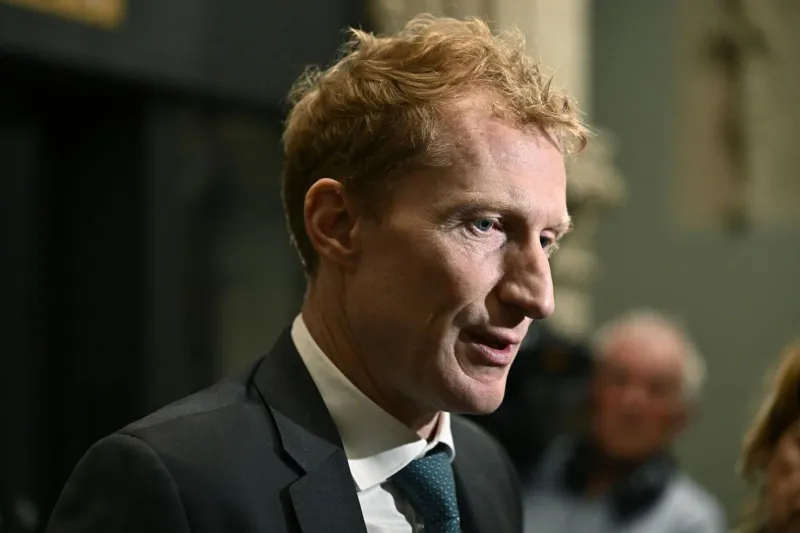Air Canada pilots ratify new collective agreement. Here’s what it includes
The ratification, which the Air Line Pilots Association (ALPA) said in a statement was approved by 67 per cent of members who voted, ensures pilots will have a contract until 2027 that includes “significant” pay increases and “improvements to quality of life.”

Air Canada pilots, who were on the verge of striking last month, have approved a new collective agreement with the airline, the pilots’ union announced on Thursday.
The ratification, which the Air Line Pilots Association (ALPA) stated received approval from 67 percent of voting members, secures a contract for pilots until 2027 that includes “significant” pay increases and “improvements to quality of life.”
“This contract is the largest labour agreement in Air Canada’s history and reflects the contributions our pilots make to the success of our airline,” said Charlene Hudy, first officer and chair of the Air Canada ALPA master executive council, in the statement. “This agreement helps restore what Air Canada pilots have lost over the past two decades and creates a strong foundation for future growth.”
The union, representing over 5,200 Air Canada pilots, had threatened a strike last month when contract negotiations stalled, which could have disrupted travel for thousands of passengers. A tentative agreement was reached just after a midnight deadline, avoiding the issuance of a 72-hour strike or lockout notice by either party.
While the specific terms of the agreement have not been publicly disclosed, a copy of the executive summary obtained by Global News indicates that pilots will receive a cumulative pay increase of approximately 41.7 percent over the next four years. The pay raise will retroactively apply from September 30, 2023, starting with an average increase of 26 percent, followed by four percent increases each year until 2026.
ALPA has stated that the new contract will add around $1.9 billion in value for Air Canada pilots over the four-year period.
Air Canada expressed its satisfaction with the ratification. “We are very pleased that this new collective agreement has been approved by our pilot group,” said president and CEO Michael Rousseau. “The agreement is mutually beneficial, and it will ensure our pilots remain the best compensated in Canada while providing the work-life balance improvements they were seeking.”
Leading up to the strike deadline, both sides acknowledged that they remained far apart on pay, which had been a central issue in negotiations that lasted over a year. In preparation for a potential work stoppage, Air Canada limited certain types of cargo shipments, such as perishables, and adjusted some flight schedules, though no flights were cancelled.
The federal government opted not to intervene in the labour dispute, despite previously resolving a rail shutdown a month earlier. Labour Minister Steve MacKinnon had urged both the airline and the union to come to an agreement, citing the economic and consumer impacts of a potential work stoppage.
A shutdown would have resulted in travel disruptions for the approximately 670 daily flights operated by Air Canada and Air Canada Rouge, affecting more than 110,000 passengers.





